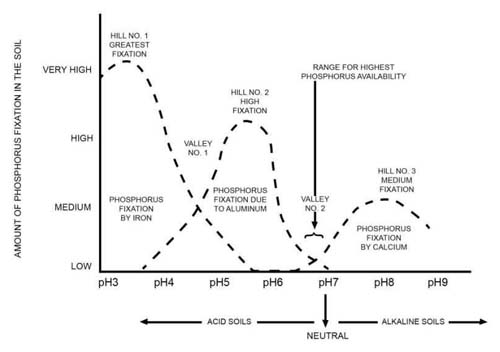Here are a few resources to help you review some of the Ecosystems concepts covered in this section
Ecosystem Cycling
- Energy Flow Through Ecosystems & Primary Productivity
Regulation of Ecosystem Functions, Limiting resources
Energy flow dynamics in different systems
Example (below): General patterns of energy flow for a) forest, b) grassland, c) plankton community at sea, d) community of a stream or small pond. Relative sizes of boxes and arrows are proportional to the relative magnitude of pools and flows. The decomposer system is responsible for much of the secondary production, hence the large/wide respiration arrows indicated in Fig. 11.7.
.
 |
| DOM, dead organic matter; LCS, Live consumer system; NPP, Net Primary Productivity (Figure 11.7, Ch. 11, Essentials of Ecology by Townsend et al.) |
The below boxplot expands upon Figure 11.7, illustrating the percent of NPP consumed by herbivores in a given system compared to the percent of NPP that becomes DOM.
 |
| DOM, dead organic matter; NPP, Net Primary Productivity; Boxplot: 25% CI, median, 75% CI (Figure 11.8, Ch. 11, Essentials of Ecology by Townsend et al.) |
Water Cycle

Hydrologic Cycle - informative cite with interactive practice QUIZ questions!
Here's a diagram of the water cycle that you can use to quiz yourself. You may check your answers here.
- Water and human health: Water pollution, Water-related diseases, and Water conservation policies.
- Case study: Chesapeake Bay watershed maps.
- Groundwater flow, discharge, & infiltration
- Follow a drop through the water cycle
Biogeochemical cycles
General review of some of these cycles: Learner.org.
Other very useful links - which also have interactive quiz questions:
Other very useful links - which also have interactive quiz questions:
 |
| Nutrient budget components in terrestrial and aquatic ecosystems. Inputs = blue, outputs = black. (Fig. 11.12, Ch. 11, Essentials of Ecology by Townsend et al). |
 |
| Nitrogen cycle schematic (Harrison, 2003) |
Phosphorous
 |
| Phosphorus cycle (Learner.org) |
Note, the animation does not go into depth about mineralization/immobilization.
How does pH affect phosphorous availability? (figure below)
Read about it here.
 |
| (MSU Extension) |
Human influences on nutrient cycling
 |
| A comparison of major nutrient pathways (you don't need to know the Sulfur cycle). Maroon arrows = human activities; dashed lines = insignificant pools and fluxes. (Fig. 11.16, Ch. 11, Essentials of Ecology by Townsend et al.) |


No comments:
Post a Comment
Please contact me at Shappell.Ecology -at- gmail.com if you have any questions, comments, or concerns regarding the content of this blog.